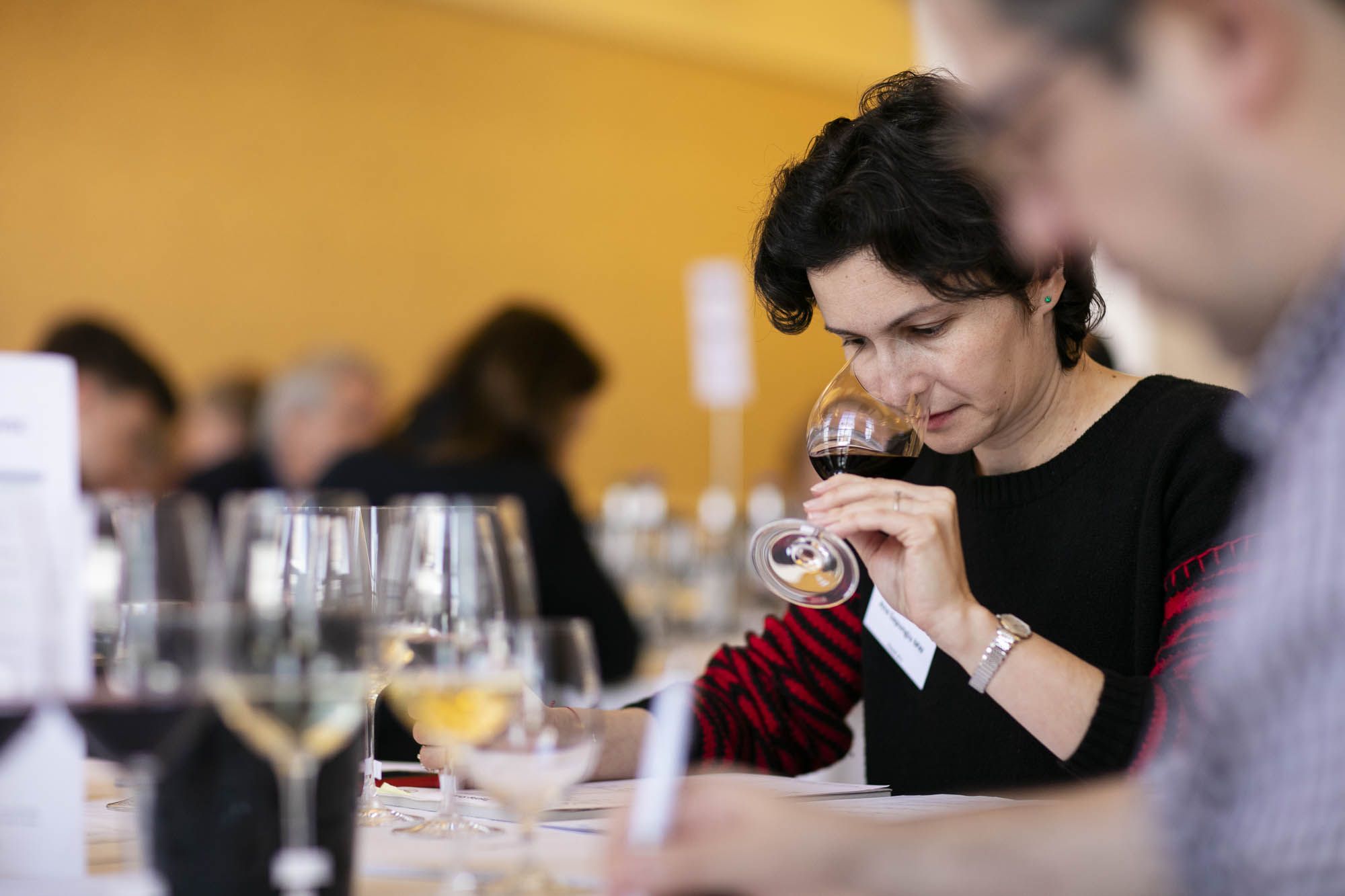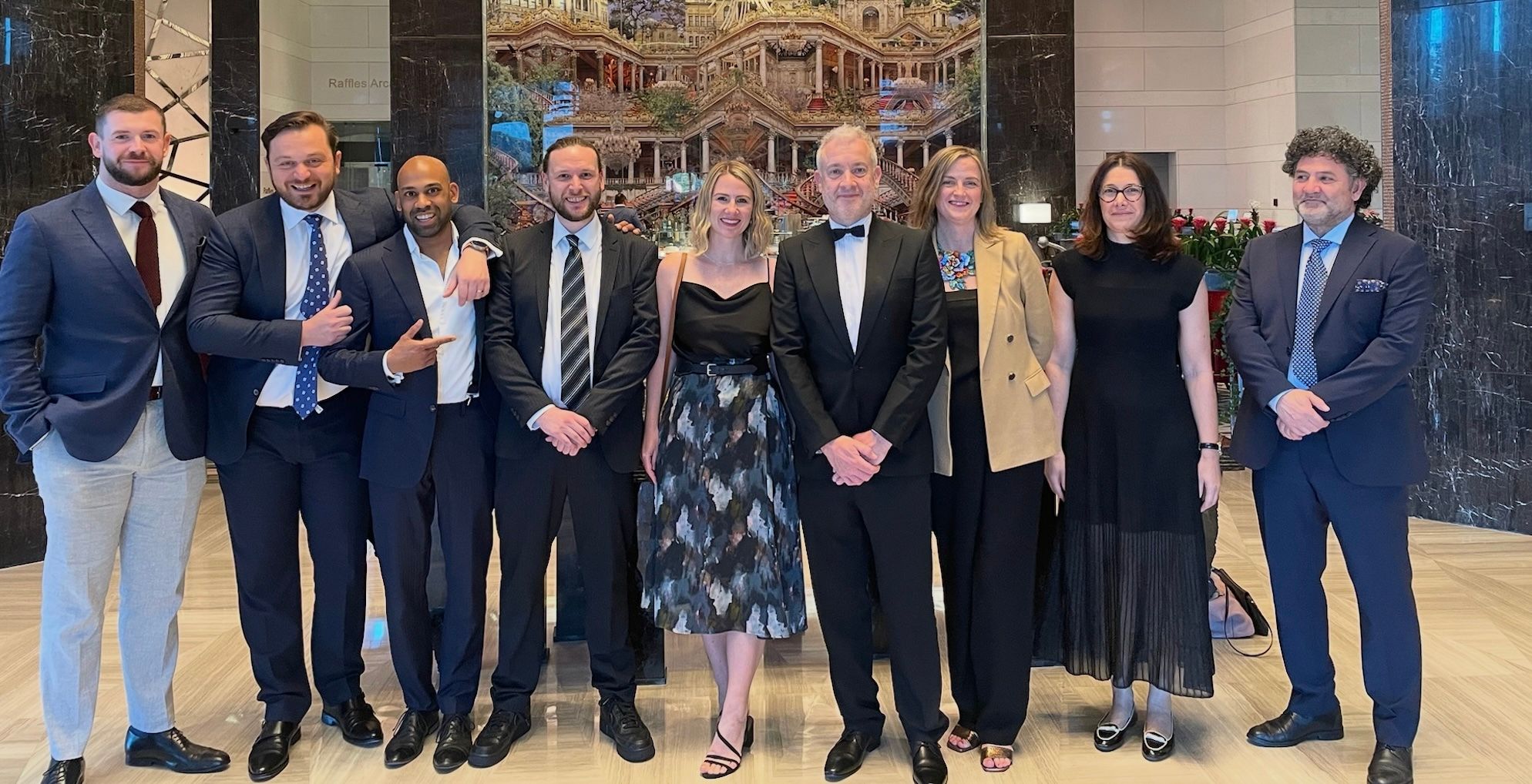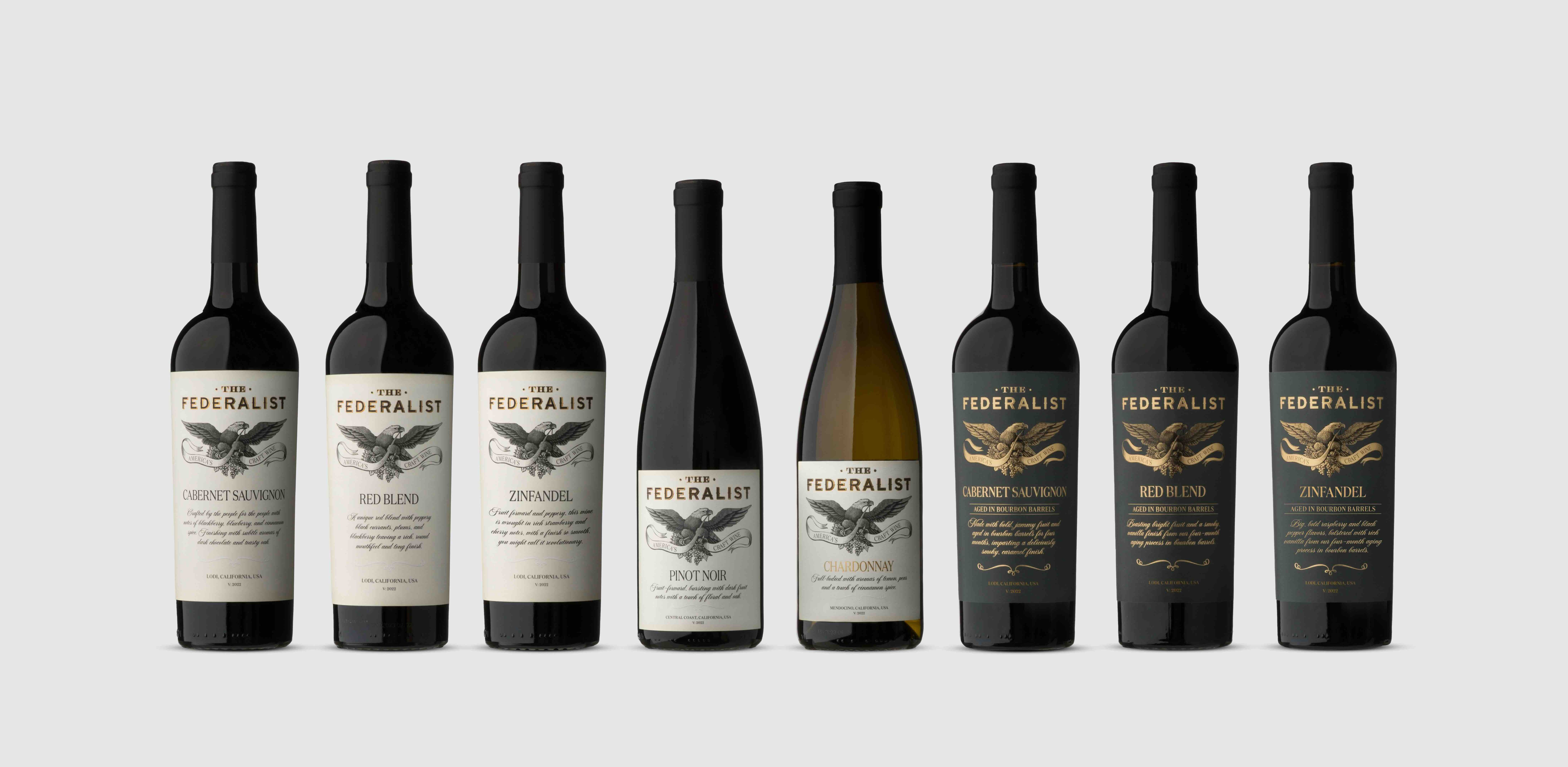Every day of the working week Ana Sapungiu MW and Sarah Knowles MW are tasting, assessing and analysing wines as part of their jobs as a buyer. So they are very well placed to be able to pinpoint which wines in a major competition like the IWSC are worthy of a medal or trophy.
You would think entering its 50th year that the IWSC would be pretty much settled in the way it judges the different wines and spirits that are entered. Well, think again. The challenge for any competition is to move with the times and change your model to suit the demands and needs of the industry you are serving.
Which is very much the approach that Christelle Guibert has taken since she joined the Conversion Group, owners of IWSC, from rivals Decanter last year as the new chief executive for fine wines and spirits. One of the biggest impacts she has had since coming on board is looking to revamp and change the way it does its judging. As she explained in an interview with The Buyer earlier in the summer:
“The key change for me was to move the judging to London and away from Dunsfold Park. A wine competition is only as good as its judges and we found it was difficult to always get people to go to Dunsfold. By moving the judging to London it meant we have been able to invite more well respected judges and industry leaders. We have also looked to have more judges with commercial buying experience. People who are buying wines commercially on a daily basis. Fifty per cent of our judges for the 2019 competition were new.”
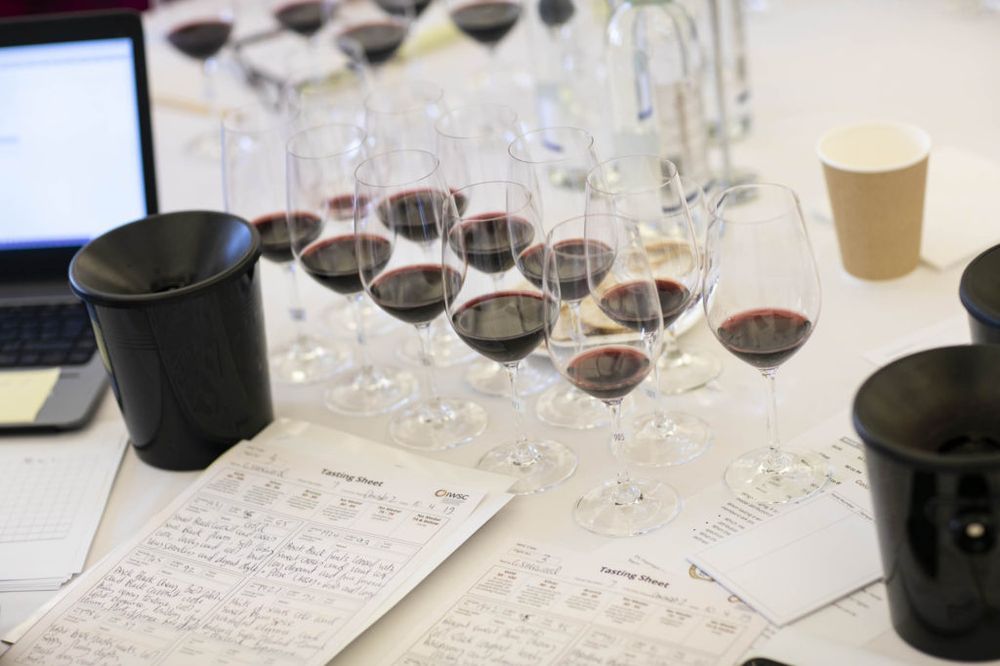
All set to taste…
It was important for Guibert to have judges who are also buyers and judging wines from a commercial perspective every day. “They are generally spending time with producers/winemakers, and they work hard to understand their regions or countries. They also closely follow the market to react to their customer trends and to ensure their offering doesn’t become stale,” she added.
It also means the producers entering are having their wines assessed by professional UK buyers. And they don’t come more professional or influential as the first two judges we are profiling as part of a new series shining the light on the different type of judges that the IWSC now has judging the competition. Ana Sapungiu, head buyer for the Oddbins specialist retail chain and Sarah Knowles MW one of the buyers at The Wine Society Both of whom were brought in to judge for the first time this year.
Ana Sapungiu MW
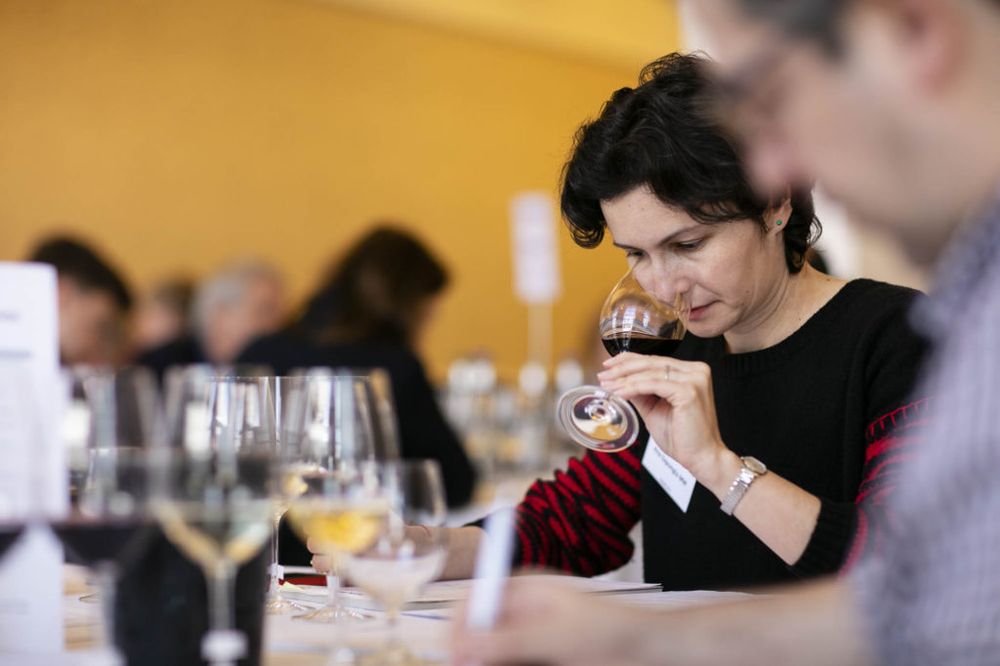
Ana Sapungiu MW taking part in this year’s judging at the IWSC
Tell us about your own background and career in wine?
I am head wine buyer for Oddbins and have been working in the wine industry for 15 years. I passed the MW in 2016 and I judge at UK and international wine competitions.
What is it about the IWSC that made you want to take part and become part of its judging team?
It is the oldest UK wine competition and I had been told exciting changes were taking place (including change of judging venue to Central London), plus the fact that I was approached to see if I wanted to be part of this new phase of change. I was excited to accept.
Which areas of the awards did you judge this year?
So far this year I have been a Panel Chair for Eastern Europe and Spain.
How did you find the judging process compared to other awards you might have been involved in?
The process of judging is thorough and fair. It encourages discussion and debate where there are disagreements on medals given by the judges. The wines are offered in flights of similar style which gives the chance to establish a context and the gold medals are re-tasted by the moderators to ensure there is consistency of ‘Golds’ within the whole competition.
The fact that price is missing is fine, there is no influence on judging the wine as is. It was also a great venue location in central London.
What overall comments would you have on the quality and styles of wine entered that you tasted?
The quality of the wines overall has been good, very few were clearly faulty, but there was a matter of style of certain wines and how they would fit with the palate/ taste of an international consumer. Ultimately the purpose of entering the wines in any international wine competition should be to sell them to international consumers.
Which countries are you seeing the biggest changes in terms of the quality of their wines?
There is a big improvement in the quality of Easter European wines.
What styles of wine do you think have seen the biggest improvements in quality in recent years – any specific countries or regions?
Apart from Eastern Europe I have particularly noticed a continuous improvement in the styles and quality of non classic Spain.
Sarah Knowles, The Wine Society
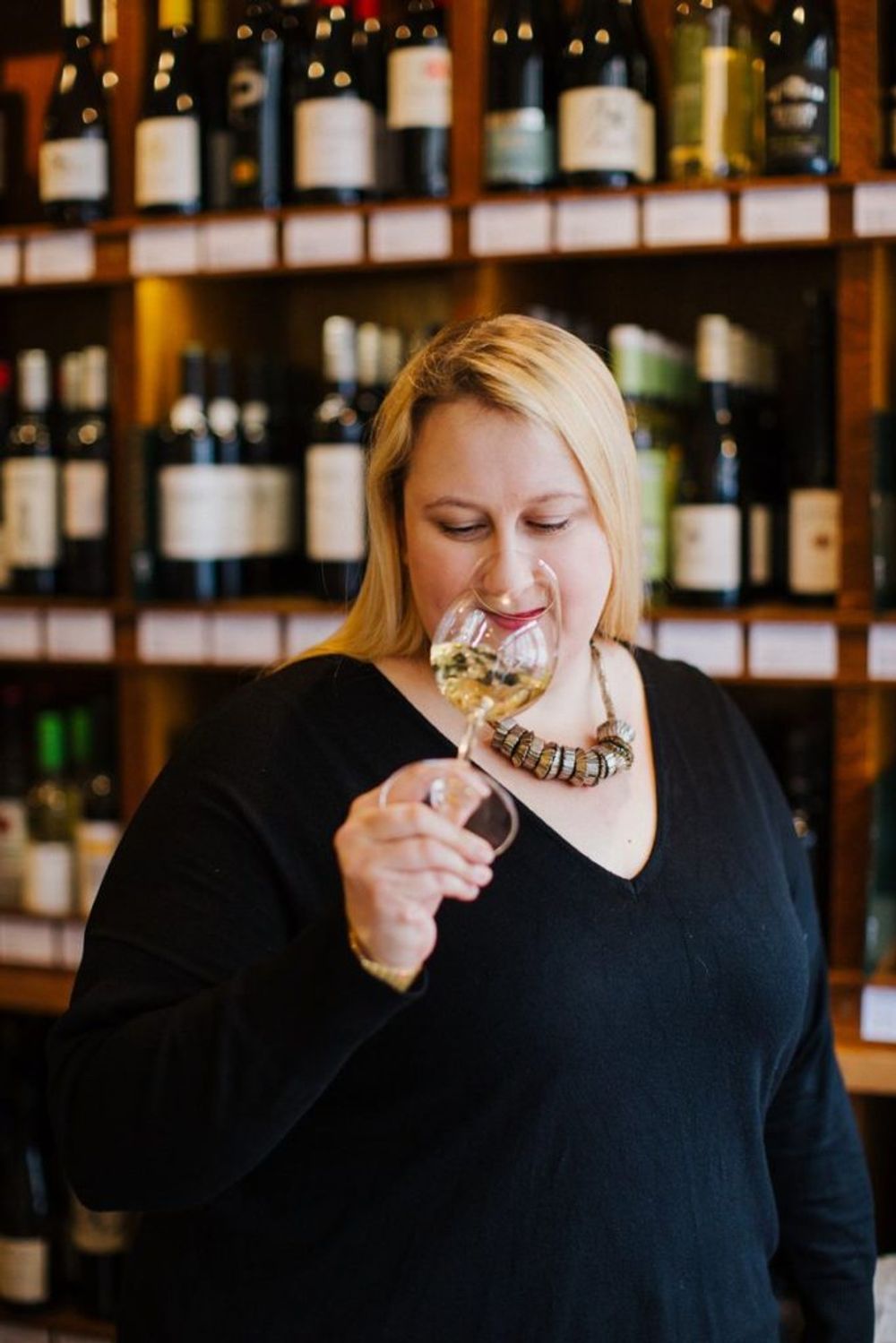
Sarah Knowles MW was asked to take part in her first year as a judge at the IWSC this year
Tell us about your own background and career in wine?
I got into wine through the Oxford University blind tasting club, playing Cambridge in my last year and winning! No one was more surprised than me. James Simpson MW, who ran the competition for sponsors Pol Roger, then suggested I look to the wine trade for something to do after my finals.
I did, and began by picking grapes in Bordeaux and in the Margaret River in 2006 and 2007 respectively. I then came back to London and began working for fine wine merchant Arthur Rackham in Guildford, moving to a sales and buying role at Amathus in 2008.
At Amathus I quickly became the full time wine buyer and then purchasing director, starting my MW studies. In 2014 I moved to join the wine buying team at The Wine Society achieving my MW in 2015.
I am now responsible for buying all the wines from Champagne, Italy and the USA.
What is it about the IWSC that made you want to take part and become part of its judging team?
I enjoying blind tasting wines, and when it is organised (as this was) by country and then region I find that the process can flag up wines I may have previously overlooked, as well as giving a good over all impression of a region/grape/vintage.
Which areas of the awards did you judge this year?
Italy.
How did you find the judging process compared to other awards you might have been involved in?
Similar number of wines tasted in a day 60-90ish. Great location and venue. Pricing bands could be helpful so that inexpensive simple but well-made wines are not overlooked. But the overall quality of the wines entered was good.
What styles of wine do you think have seen the biggest improvements in quality in recent years?
Sparkling wines including Champagne seem to be on a roll! Lots of good wines to try and the whole category seems to be improving in quality and offers so much better value at various price points. From Prosecco to English fizz, Champagne and Cava.
